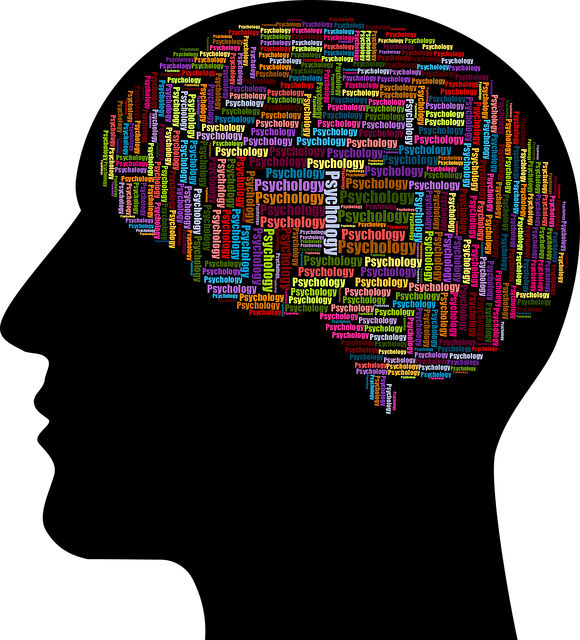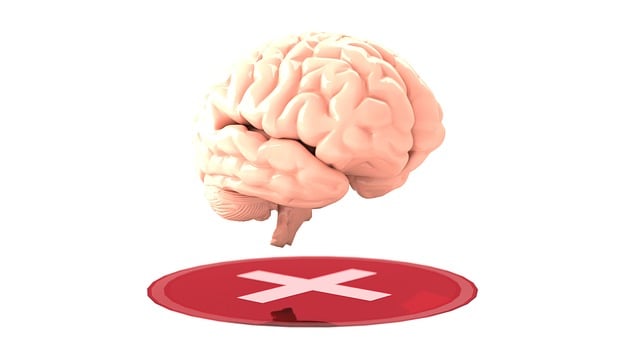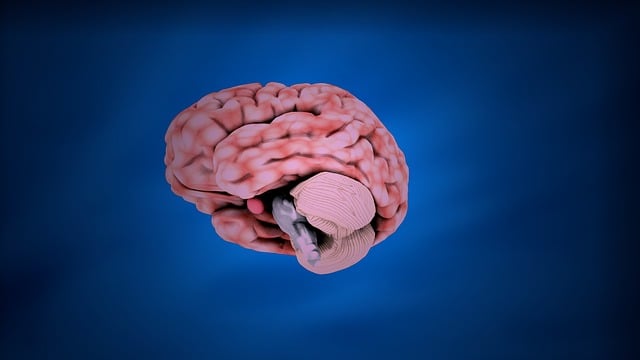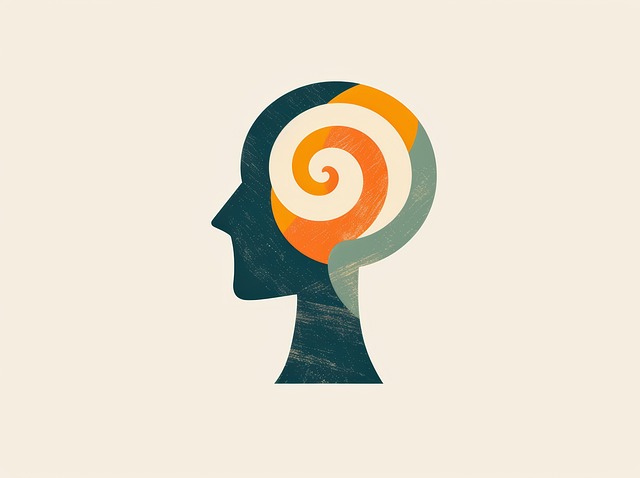Crisis intervention for elders with trauma requires specialized training, focusing on unique challenges like abuse or loss that impact mental wellness. Traditional therapy may not be effective, necessitating teams incorporating Mental Wellness Coaching Programs and evidence-based therapies (CBT, EMDR) to develop emotional intelligence and process traumatic memories safely. Mindfulness practices, stress reduction methods, and continuous support through refresher courses and multimedia resources enhance crisis prevention and management. Tailored care, cultural competency, and inner strength development ensure healthcare providers offer compassionate, effective therapy for elders trauma.
Crisis intervention teams play a vital role in supporting elders experiencing trauma. This article explores essential aspects of training programs designed to equip professionals with effective crisis intervention skills for older adults. We delve into understanding the unique challenges and needs of this demographic, highlighting the importance of specialized therapy for elders trauma. Additionally, we discuss key components of successful training, implementation strategies, and continuous support necessary for optimal outcomes in elder care settings.
- Understanding Crisis Intervention for Elders with Trauma
- Components of Effective Training Programs
- Implementation and Continuous Support for Optimal Results
Understanding Crisis Intervention for Elders with Trauma

Crisis intervention for elders with trauma is a specialized field that requires tailored approaches and dedicated training. Understanding the unique challenges faced by older adults who have experienced traumatic events is essential for effective support. Many seniors may have endured physical, emotional, or sexual abuse, loss of loved ones, or other distressing life experiences, which can significantly impact their mental wellness. Traditional therapy methods might not always resonate with this demographic, so specialized crisis intervention teams are crucial.
These teams often incorporate Mental Wellness Coaching Programs that focus on developing emotional intelligence and coping strategies. By reducing the stigma associated with mental illness, these interventions create safe spaces for elders to process trauma. Through innovative techniques and a sensitive approach, crisis intervention specialists aim to enhance the overall well-being of seniors, ensuring they receive compassionate care tailored to their specific needs.
Components of Effective Training Programs

Effective crisis intervention team training programs are meticulously designed to equip participants with a comprehensive set of skills tailored for addressing critical situations, especially among older adults facing trauma. These programs encompass diverse components that foster a holistic approach to care, recognizing the unique needs and challenges of this demographic. Firstly, they emphasize the integration of evidence-based therapies specifically adapted for elder trauma, such as cognitive behavioural therapy (CBT) and eye movement desensitization and reprocessing (EMDR). These therapeutic techniques help individuals process traumatic memories and develop coping strategies to manage stress and anxiety effectively.
Complementing these therapeutic methods, successful training curricula incorporate practical exercises centered around mindfulness practices, a cornerstone of the Mind Over Matter principles. By teaching participants how to cultivate present-moment awareness and regulate emotions, these programs enhance their ability to offer compassionate and effective trauma support services. Moreover, they introduce stress reduction methods, ensuring that crisis intervention teams are equipped with tools to not only respond to acute crises but also to prevent escalation through proactive stress management techniques.
Implementation and Continuous Support for Optimal Results

For crisis intervention team training programs to achieve optimal results, continuous support and implementation strategies are crucial. After initial training, regular refresher courses and workshops can help maintain the skills and knowledge gained. These ongoing sessions can cover specific topics like elder trauma therapy, fostering inner strength development, and enhancing cultural competency among healthcare providers. By addressing the unique challenges faced by elders and promoting understanding of diverse cultural backgrounds, these programs ensure that crisis intervention teams remain equipped to provide compassionate and effective support.
Additionally, leveraging multimedia resources such as a mental wellness podcast series production can extend the reach and impact of training. These podcasts can offer valuable insights, real-life case studies, and expert interviews, allowing participants to deepen their understanding and stay engaged with the material. Regularly updating content to reflect the latest research and best practices ensures that healthcare providers are equipped to navigate complex situations with confidence and cultural sensitivity.
Crisis intervention team training programs play a pivotal role in equipping caregivers and professionals with the skills to address trauma among elders. By understanding the specific needs of elderly individuals experiencing trauma and implementing effective training, we can significantly enhance support systems. Continuous support and ongoing education are key to optimizing results, ensuring that those affected receive the best possible care. Investing in these programs is not just beneficial; it’s essential for improving therapy for elders with trauma and fostering healthier, more resilient communities.














